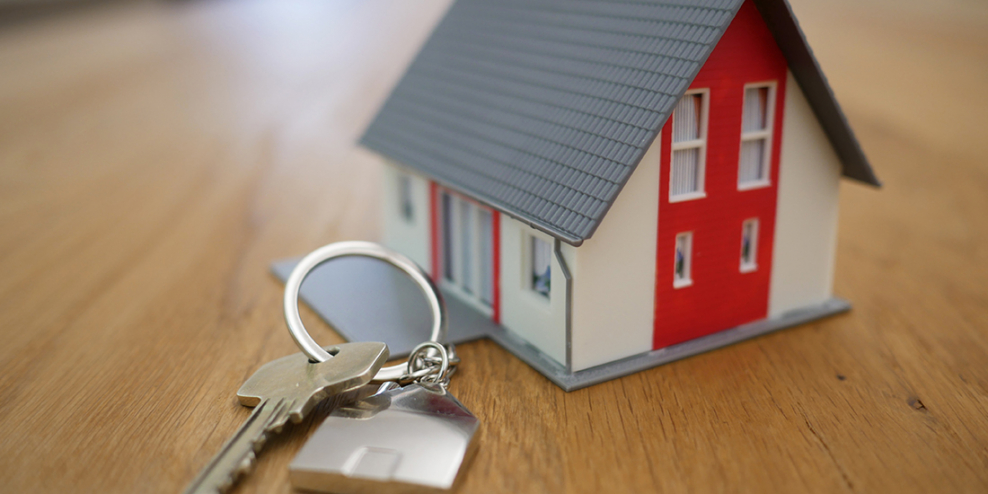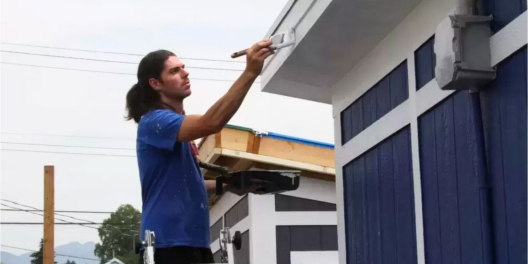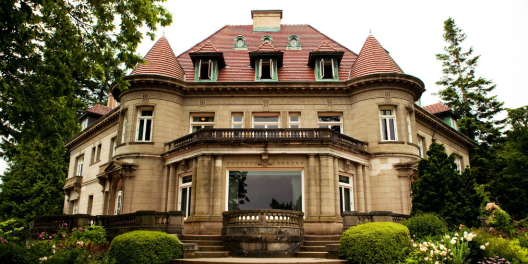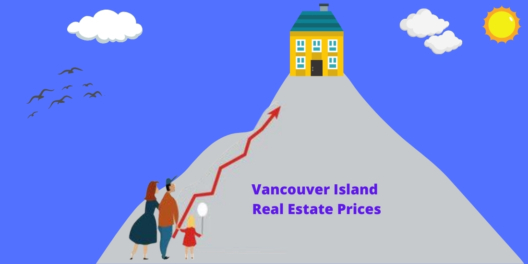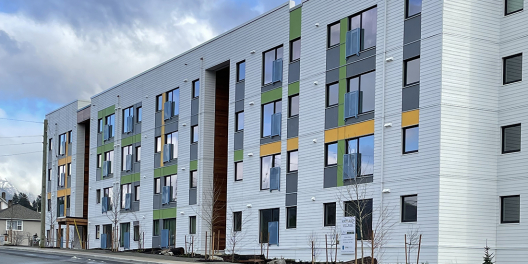BC’s housing market is taking a little dip again.
The cause?
Higher and higher inflation.
A housing market “correction” may sound like good news for first time home buyers. But what about the people who already took on huge debt to buy their home during the pandemic?
It’s not looking good guys.
In July, a single family house in Victoria cost $1,433,800. You’d need an income of about $187,000 to buy that house, on top of a $200,000 down payment.
Prices in the Comox Valley are still going up. They’ve gone up 21 percent in the last year. In fact, it’s one of the only places on VanIsle that didn’t see a small price drop between June and July. An average single family house is $914,100.
Can you can imagine the kind of debt folks have taken on to make their dream homes come true?
The debt Canadians carry today swamps that of the past. Some are drowning in it.
Sal Guatieri is a senior economist and director of economics at BMO. He says having a mortgage now is like having a mortgage in the 1980s. Remember those fun times?
He also called price jumps “ballistic.” Not exactly calm words from an economist.
Mortgage rates are going up as the Bank of Canada wrestles with inflation (or greedflation, as some have called it). That means folks who locked in at 1.89% are now looking at rates more like 5.89%. On a half million dollar mortgage, that’s an extra $1,000 a month.
That extra cost may force a wave of people to sell their homes. And that could force house prices to fall.
That’s already happening in other parts of Canada.
Samantha Brookes is the chief executive of Mortgages of Canada. She told to the Globe and Mail that her office is full of people who need to refinance their mortgages.
“We stop bankruptcies quite frequently,” she said.
“I do believe by September or October we’re going to see a lot of people jump ship.”
The pandemic had many people stressed out in their apartments, and doing anything they could to get their own space. Some took the plunge without a life jacket.
“The parents and the kids are all on title just to buy one home,” she said. “They’re trying to make it work.”
Now, places like Toronto are in the middle of their biggest house price decline in 50 years.
While Toronto and even Victoria might seem far away from the Comox Valley, we’re all connected. Even folks who own their homes outright will feel that wave hit.
So what might actually keep the Canadian housing market from completely hitting the skids?
According to Toronto-based real estate lawyer Mark Morris, it’s a recession.
Yep. He told the Globe and Mail that a recession could lead the central bank to lower interest rates and calm this storm.
Fantastic.
While it might save the housing market, recessions aren’t exactly awesome.
“It brings hardship on people. It’s going to be very difficult for many Canadians.”
There are other ways of solving this housing crisis. Different housing models. Making rentals stable instead of terrible.
Maybe folks would be less desperate to buy a house if we had other secure housing options.
But those all take political will, and it doesn’t seem like our politicians are ready to tackle this problem yet.
In the meantime, keep swimming folks. It’s rough seas out there.
